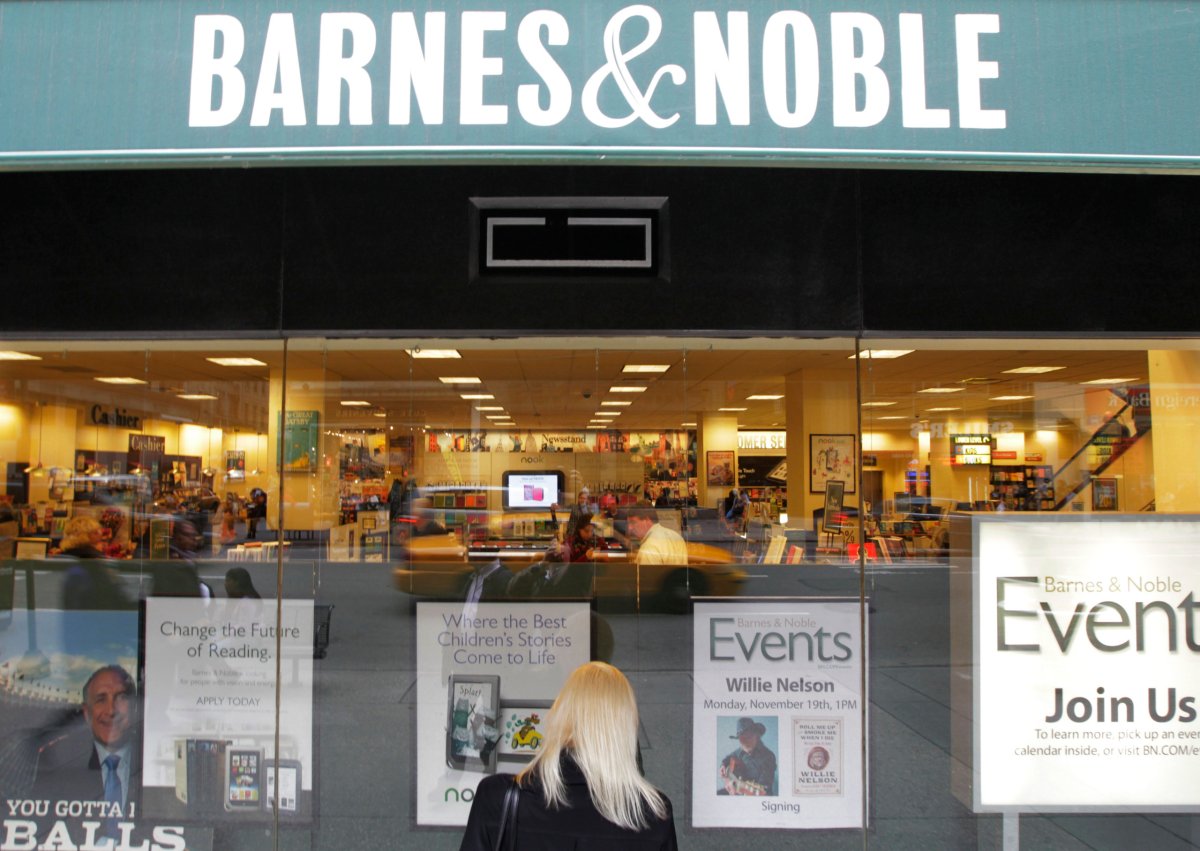By Jonathan Stempel
NEW YORK (Reuters) – Barnes & Noble Inc
The largest U.S. bookstore chain said Demos Parneros breached his duties of loyalty and good faith by sexually harassing the female employee, bullying subordinates, and attempting to “sabotage” a potential sale of the New York-based company.
In a statement, Parneros rejected Barnes & Noble’s accusations. He said he never bullied anyone, called the sexual harassment claim “completely false,” and said he was “fully supportive of the sales process from the start”.
Parneros had accused Barnes & Noble of breach of contract and defamation in his Aug. 28 lawsuit, saying the company and Leonard Riggio, its founder and largest shareholder, made up reasons to fire him in July after just 14 months.
He sought more than $4 million of severance plus other damages.
In its countersuit, Barnes & Noble said Parneros’ lawsuit “downplays what occurred,” and that the company should recoup his salary, bonus and other benefits during the period of his “disloyal conduct” and cancel his outstanding equity awards.
Barnes & Noble said the female employee reported two incidents in which Parneros allegedly subjected her to unwanted touching or comments of a sexual nature.
It said that in the second incident, Parneros allegedly pulled the employee toward him so their faces touched, and as she tried to pull away he said she seemed like someone who “would put out” if he “wined and dined” her.
Barnes & Noble also said Parneros derailed a takeover that would have cost him the CEO role, after portraying the company as an “ugly mess” that had “no realistic prospects for success” in a June meeting with executives of the potential acquirer.
According to the countersuit, Barnes & Noble has received “additional complaints about Parneros’ inappropriate behavior toward women” at the company since his termination. Barnes & Noble declined to elaborate.
The company is now considering its options, which could include a sale, and in July appointed a three-person leadership group to share the CEO duties until a replacement for Parneros could be found. Riggio remained executive chairman.
Barnes & Noble’s share price has fallen by nearly two-thirds since July 2015. It has struggled with falling sales and foot traffic amid competition from rivals such as Amazon.com Inc
The case is Parneros v Barnes & Noble Inc, U.S. District Court, Southern District of New York, No. 18-07834.
(Reporting by Jonathan Stempel in New York; editing by Clive McKeef)





















